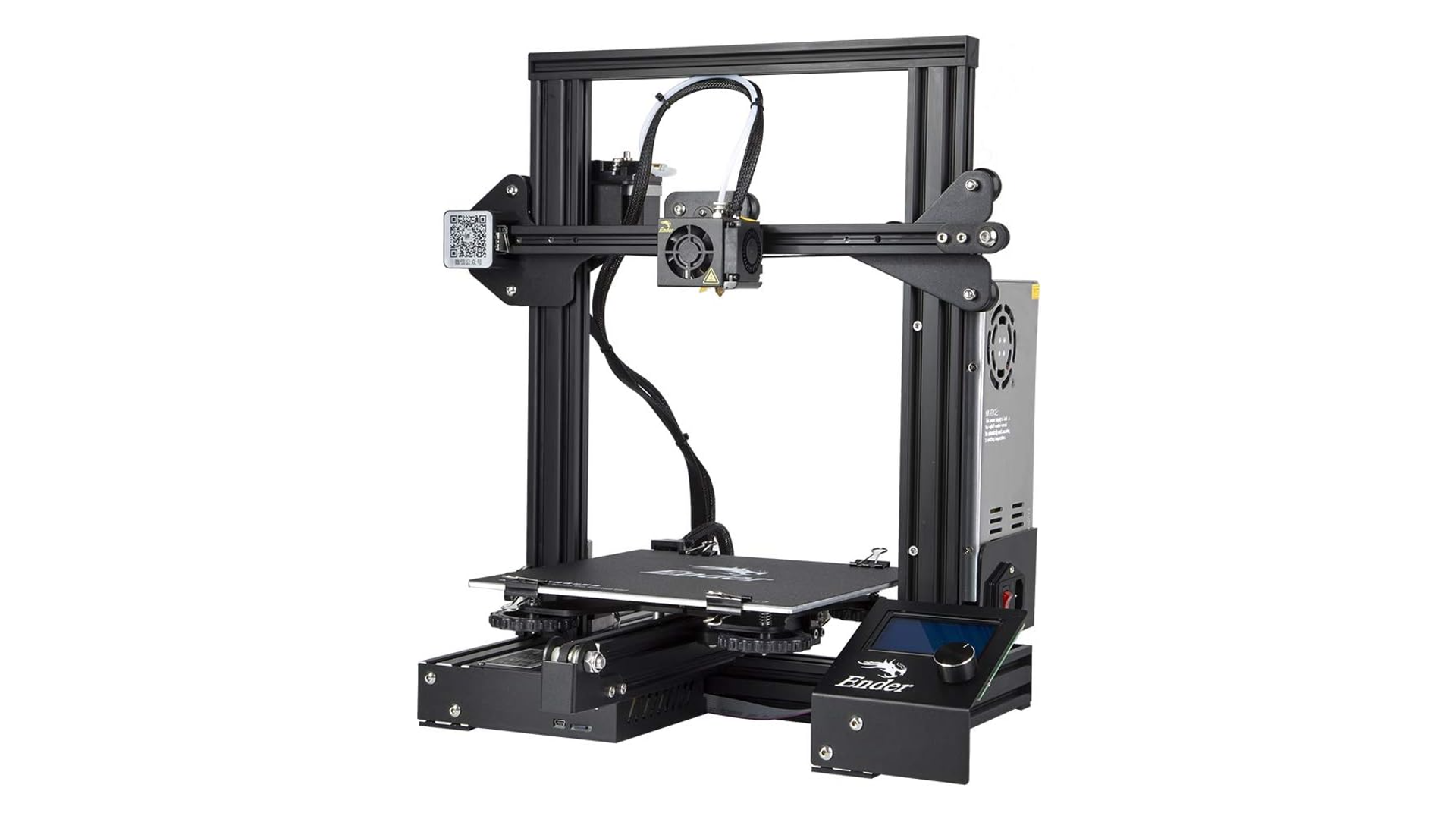
3D printing is probably one of the most sci-fi things available to us in the year 2024 (AI and Neuralink technology aside), enabling you to create 3D objects for tabletop gaming, props for cosplaying, and even accessories for home décor. The sky’s the limit just as long as you have an STL file and the necessary amount of printer filament to make it happen. While the hobby may be pretty costly to get into, especially when considering the initial investment needed to get a 3D printer in the first place, taking advantage of a good sale will keep your wallet a little fuller.
When considering a 3D printer, keep the following in mind:
-
What is your intended use case? Your printer needs to have a large enough build area to manage the object(s) you’re printing. You’ll also need enough workspace to keep your printer and filaments.
-
What kind of filament will your printer call for? The most common types of filament are ABS (acrylonitrile butadiene styrene) and PLA (polylactic acid). Each has its own properties and costs and each has a different melting point, meaning your printer needs to support a specific kind of filament to use it. Some printers will require proprietary spools or cartridges, which will often cost more.
-
Do you need an open-frame or closed-frame printer? An open-frame printer gives you a larger build area for the cost, but a closed-frame printer is safer especially if you have pets or young children.
Check out these deals on 3D printer models ranging from casual hobbyist to opening up your own 3D printing services on Etsy.
With a large 8.66in by 8.66in by 9.84in print area and a heated bed that reaches over 200 degrees in just five minutes, the Creality Ender 3 is capable of printing a number of 3D models quickly. The large, twistable nuts on the side enable you to easily level the platform and keep the printing process running smoothly. A significant amount of assembly is required before use.
This auto-leveling 3D printer by Flashforge enables you to quickly and easily calibrate the printer bed at the beginning of a printing job and also keep it level while the process continues. Operation-friendly features like a filament sensor that allows you to change out your filament when it’s empty and resume printing, detachable nozzles in a variety of sizes, and a dual-channel cooling system make this a great option for those looking to print in greater quantities.
Recommended by Our Editors
Anycubic’s Photon Mono 2 makes improvements over their Mono 4K model, including an enlarged print size and larger screen protector in the print area. The print area measures 6.49in by 5.6in by 3.5in and the included Photon Workshop 3.0 has a user-friendly UI and upgraded core features, including slicing and model arrangement. This is a great entry-level 3D printer and Prime members pay only $159.99. Not yet a member? Eligible users can get up to 30 days of Amazon Prime free.
More 3D Printer Deals to Consider
*Deals are selected by our commerce team
What Software Do I Need for 3D Printing?
Printer manufacturers typically include a suite of software with your purchase of a 3D printer, sometimes as a disk or a digital download. Some also allow you to use separate component programs if you have a program of choice. Generally speaking, you’ll need to prepare prints using some kind of slicer program, which takes your 3D model (usually in .STL or .OBJ format) and converts it into a series of instructions that your 3D printer can read.
What is Print Resolution?
For 3D printing, resolution typically refers to the height of the individual layers that make up a print. This is generally measured in microns (0.001mm). The lower the number, the thinner each layer is, the more layers are needed to complete the print, and therefore the finer the details that can be presented. This also means your printer will use more filament and take longer to print.
Can a 3D Printer Print in More Than One Color?
Some printers can, but bear in mind that the file for the project you’re printing must be designed for multicolor printing. This usually means there will be multiple files, one for each color, and then the end products will require assembly. Instead of printing in multiple colors, many people simply print in a single color and paint the resulting print.
Looking for a Deal?
Sign up for our expertly curated Daily Deals newsletter for the best bargains you’ll find anywhere.
This newsletter may contain advertising, deals, or affiliate links. Subscribing to a newsletter indicates your consent to our Terms of Use and Privacy Policy. You may unsubscribe from the newsletters at any time.









